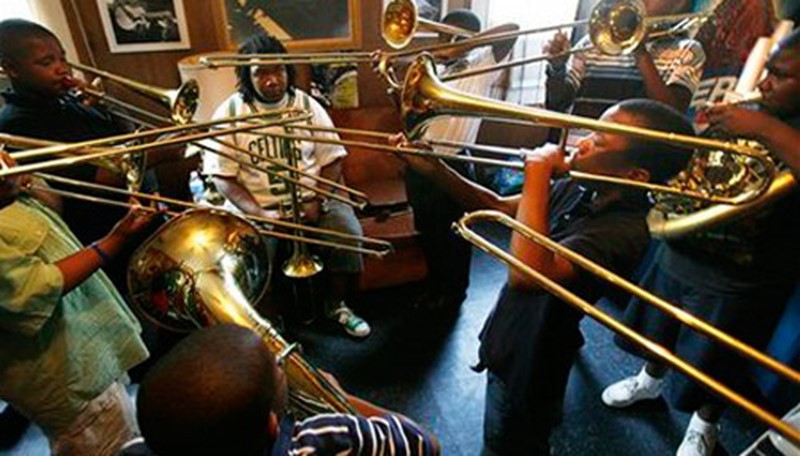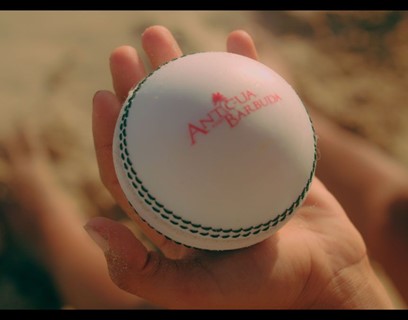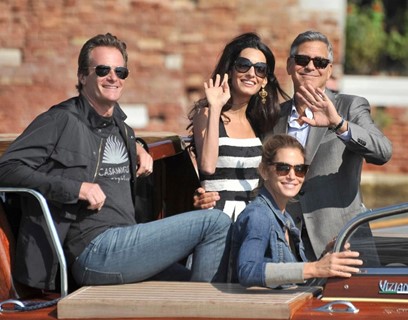
It was - on the surface just an ordinary occasion, just another band practice but from such an inconsequential set-up, a grand truth was re-affirmed.
I had gone, on a whim, to the Titchfield High School in Port Antonio, having been previously introduced to the school by, of all things, a sports coach. During that introduction, the high school band was sharing the auditorium space with the diligently practicing members of the table tennis team and, diverting from the group, which brought me there, I had struck up a conversation with the young musicians.
Some interesting feedback was returned in that exchange, perhaps none more so than the music listening preferences of the band. Of the six-member group (including one vocalist), only two expressed an outward interest in any other genre but dancehall/reggae. One of the two dissenters interestingly enough described himself as a jazz fan and listed a few artist names, which furnished his claim with the necessary credibility.
Not surprised, but still struck by this is tuition, I asked the students if they believed that exposure to a wider variety of genres and styles might impact positively on their playing. More than half said yes, with the die-hards this time being in the minority. I then asked them if they'd be interested in hearing some of those different styles, and their agreement led to my subsequent visit.
For their edification, I played some tracks from Senegalese singer-guitarist, Cheik Lo, followed by a Swedish-based world music collective called Mynta, whose ranks include a bonafide table master form India. I expected surprise, even resistance. What I got was the kind of wide-eyed enthusiasm one gets when one witnesses a magic trick (especially the kind that involves materializing money!) and even the affected parties hastily seeking to emulate the new sounds on their own instruments.
Again, this may strike the jaded music listener as unimportant, and truthfully there's a lot more to be done than one brief session, but in their immediate, unforced reception of music lay the seeds of a huge potential victory. Musical instruction in Jamaica, even more than most other educational disciplines has increasingly become the province of the well-monied, or the overly ambitious. Music appreciation, like much of its sister arts, has been pretty much left for dead within the school system. So while formal music programmes may continue to hobble along in some schools, the sensitivity to, and feeling for music beyond notes and scales and technical proficiency a related, yet distinctly separate discipline - is less than a memory.
Why should anyone care? Well, let's consider the obvious. An appreciation for music makes for better musicians. In the ambit of today's seemingly disposable sonic culture, the well-versed player who can incorporate multiple styles has actually become more prized and more highly valued as the overall soullessness of the ProTools, build-a-riddim phenomenon loses its capacity to generate fresh content. Knowing how to find and/play a note does not in itself make one a musician. Learning how to express your own feelings, aspirations and values through the chosen instrument does, and listening is a key component of that.
Of course, I'm not dismissing the value and place of technology, but just as the widespread move to digital photography has upped the value of the artisan-quality work STILL being done on film (Kodak's demise notwithstanding), so too the vastly over-saturated music market is beginning to segregate, with persons gravitating toward artists, young and old, who embody a fuller sound, fleshed out with actual instrumentation.
Of course, there's the not so obvious, namely that music appreciation helps to create more intellectually stimulated students who correspondingly improve in other academic disciplines. The same may be said for visual arts (including design) and drama. This has been the guiding principle behind initiatives such the VH-1 Save The Music Foundation, its counterparts in the UK and throughout Europe, and in a slightly different iteration, the Sistema programme developed in Venezuela. By its own calculations, Save the Music has impacted over 1.8 million youngsters since its inception in 1997.
Which brings me to the more obscure, but critical, benefit of widespread formal music appreciation. Imagine for a moment, the social and economic impact of those youngsters not being exposed to the likes of Bach or Brubeck or even to Bob Marley and P-Funk; consider the implications of them growing up as many still are right now in a sonic ghetto of push-button rhythms and formulaic expressions. Consider the life path of Jared Loughner, an erstwhile high school jazz student who reportedly abandoned his music pursuits. Its speculation, obviously, but history gives us the luxury of wondering. Might the paths of Loughner and US Congresswoman Gabrielle Giffords not have crossed under less traumatic circumstances, or even at all, had he stuck with his passion?
Thus, the wide-eyed students of Titchfield may or may not emerge as world-leading musicians or find themselves on the biggest stages (one hopes that they will, if that's their dream), but they have, to paraphrase Emerson, had their minds stretched, irrevocably, by a new idea. We may not be able to make the socio-economic leap from the current situation to full music appreciation in the immediate term, but if enough of us care to take even the little bit of time it requires to broaden someone's scope, who knows?
Michael Edwards is a Jamaican freelance contributor with MNI Alive.
Photo Credit To Nola


